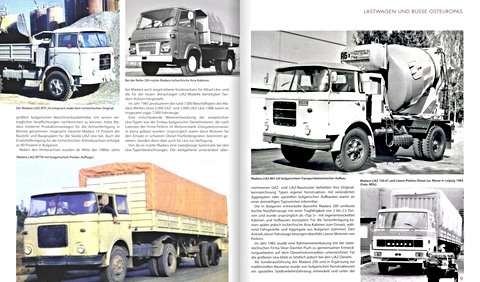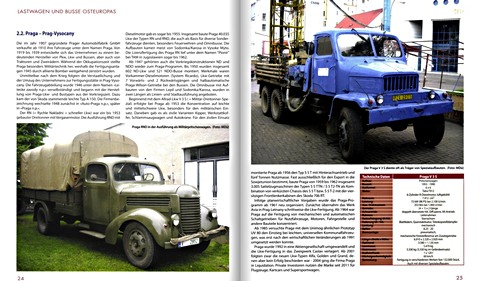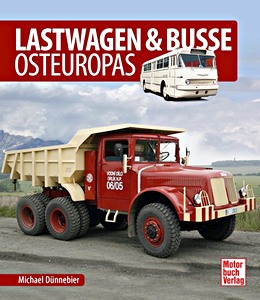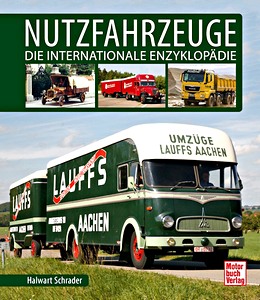Samochody użytkowe RWPG
Il s'agit de la première publication polonaise présentant les véhicules utilitaires produits dans les pays du Comecon, le bloc de l'Est, de l'après-guerre à 1990.
L'auteur explique la structure du Comecon et définit les véhicules utilitaires. Il présente les fabricants, leur profil de production et des modèles sélectionnés de fourgons, camions et bus, en incluant leur conception, fonctionnement et données techniques.
Les véhicules sont regroupés par pays : Bulgarie, Tchécoslovaquie, Yougoslavie, République démocratique allemande, Pologne, Roumanie, Hongrie et Union soviétique. Chaque fabricant et ses véhicules sont précédés de courts chapitres sur le développement de l'industrie automobile dans le pays concerné.
Caractéristiques
| Auteur : | Zdzisław Podbielski |
|---|---|
| Présentation : | 184 pages, 29 x 20.5 cm, relié |
| Illustration : | abondamment illustré |
| Langue : | polonais |
| Editeur : | Dom Wydawniczy Księży Młyn (PL, 2023) |
| ISBN : | 9788377297155 |

Samochody użytkowe RWPG
Langue : polonais
Voir prix, disponibilité et avis sur Amazon
Acheter sur Amazon FRVoir sur Amazon BE
Acheter sur Amazon CA













